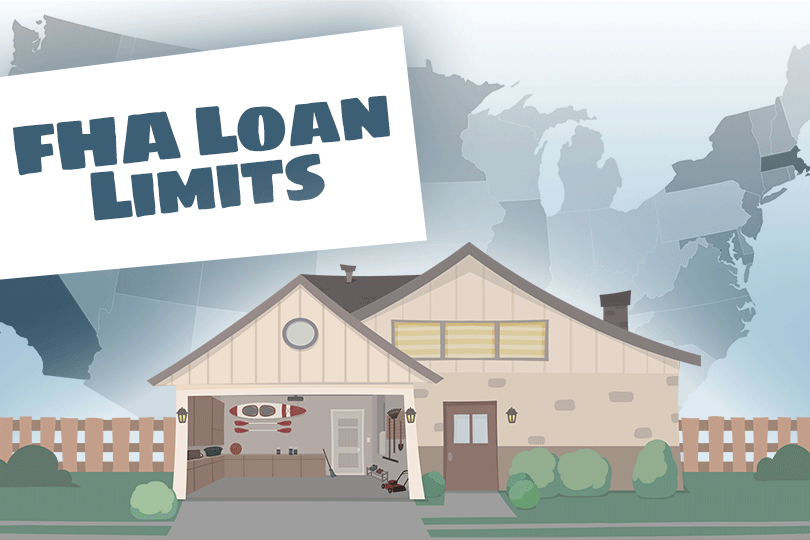FHA Loan Limits Facts and Calculations

That home loan amount is compared to the conforming loan limit and the lender will make a determination from there. But there are variables. For example, where is the property to be purchased located? A typically-cost housing market? Or is it located in a high-cost area?
Also, it is vital to remember that the number of units the property has can also affect the limit. These variables all affect the loan limit for your FHA mortgage. There are other factors that will help determine the final amount of the home loan including whether approved closing costs have been rolled into the loan, energy-efficient upgrades, and other issues.
Housing markets vary. One zip code may feature an affordable, modest price for a house that simply isn’t right for a smaller or larger housing market.
Federal Housing Administration home loan rules in HUD 4000.1 state the requirements and loan guaranty limits for low-cost areas and high-cost areas. For new purchase loans, FHA rules instruct the lender as follows for single-family homes.
"A Mortgage that is to be insured by FHA cannot exceed the Nationwide Mortgage Limits, the nationwide area mortgage limit, or the maximum Loan-to-Value (LTV) ratio.”
Furthermore, maximum loan-to-value ratios can vary, “depending upon the type of Borrower, type of transaction (purchase or refinance), program type, and stage of construction."
"Under most programs, the maximum Mortgage is the lesser of the Nationwide Mortgage Limit for the area, or a percentage of the Adjusted Value. For purchase transactions, the Adjusted Value is the lesser of:
- purchase price less any inducements to purchase; or
- the Property Value."
FHA Single Family mortgage limits are set at or between "the low cost area and high cost area limits based on the median house prices for the area."
New loan limits for FHA single-family home loans are published at the first of the new year.
Conforming loans or loans that are at or below the loan limit for FHA, USDA, conventional mortgages and VA loans for those without 100% of their home loan entitlement will typically feature more competitive interest rates than jumbo loans which may have higher rates due to the elevated risk of the mortgage in general.
------------------------------
RELATED VIDEOS:
Consider the Benefits and Risks of a Joint Loan
Borrowers Should Know About the Origination Fee
Everyone Needs to Pay Their Property Tax

Do you know what's on your credit report?
Learn what your score means.







